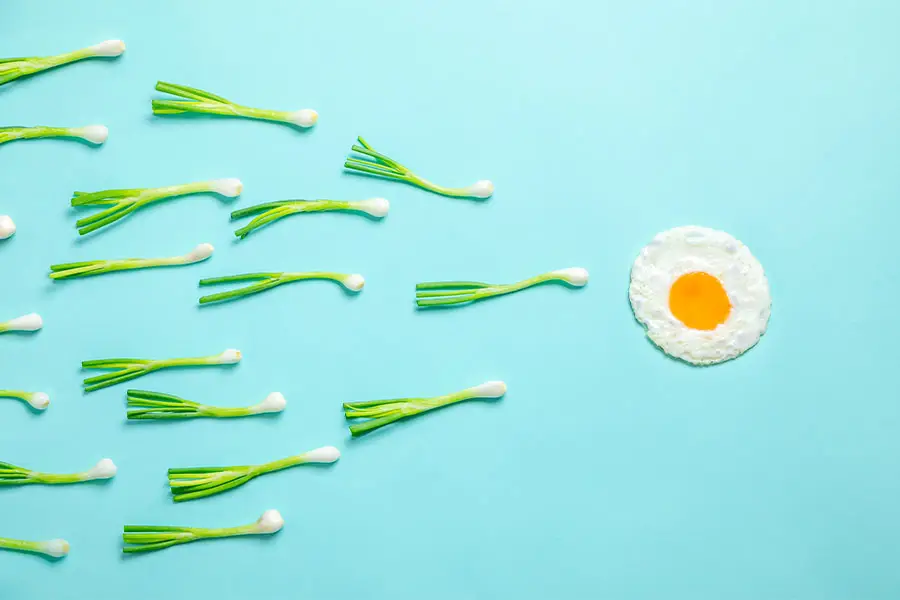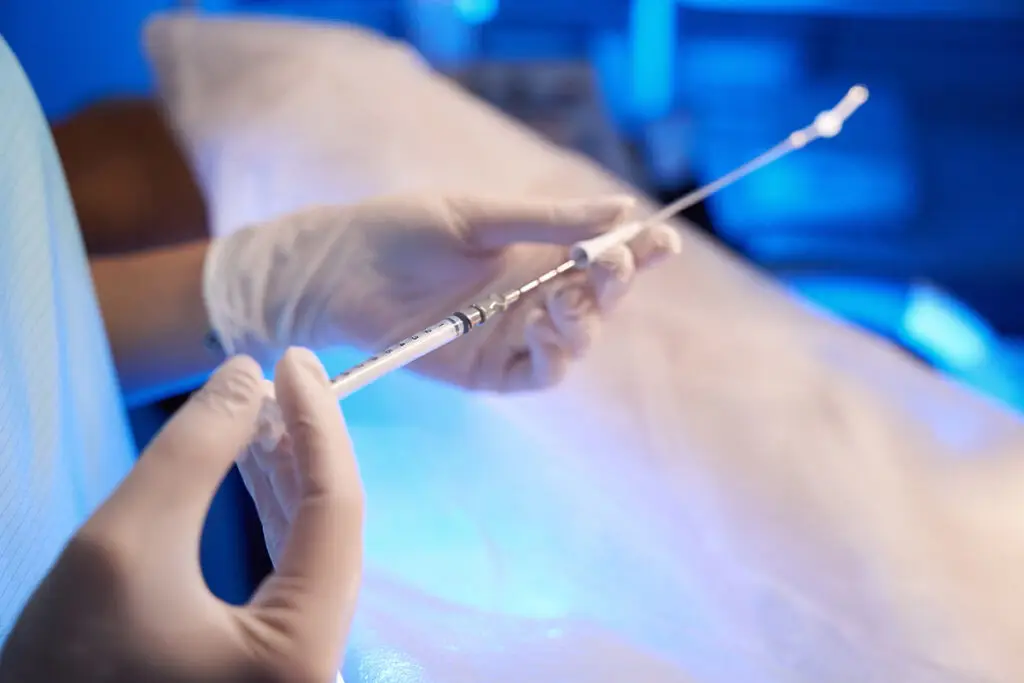It takes two to tango, and a healthy pregnancy requires both a healthy egg and sperm. NOW-fertility founder Professor Luciano Nardo explains the role the quality of both an egg and sperm play in conception:
Egg and sperm quality and embryo quality are very much linked. The mother’s age plays a key role in this. Older women have eggs of poor quality, and poor quality eggs are more likely than not to create poor quality embryos. Your lifestyle plays a role too. Studies have shown us that parents to be who smoke and take drugs can affect egg and sperm quality. However, ovarian and chronological ageing are the main determining factors.
This is due to oxidative stress, which is an imbalance between free radicals and antioxidants in your body. As you get older, your body ages, and this is the same for your cells. There is a lot of oxidative stress that is accumulated within the body, and that causes damage, including to your DNA. We know that DNA damage affects fertilisation, and the quality of embryos created. The reason why older women have more problems getting pregnant is because of the breakdown of cells. If the same eggs were fertilised at the age of 20, there is a higher chance of producing a healthy baby than at 45. This is the reason why I discourage my patients older than 37 to freeze their eggs, because realistically the chances of those eggs surviving the freezing and defrosting process and being fertilised, and then creating a healthy embryo that could implant and grow to a healthy pregnancy are very slim.
While there is no age limit, I apply common sense, and clinically sound advice. I would not put someone through IVF who has very, very low ovarian function, and I certainly wouldn’t recommend IVF to somebody who has had IVF before and didn’t produce any healthy eggs.
In my experience, most of the times women have a poor response to IVF is because their ovaries are not responding; if the eggs aren’t of good quality, it is likely the follicles may not be either. If the follicles aren’t healthy, they are less likely to respond to the IVF drugs, as the receptors lack the binding reaction needed.
The health of the sperm is significant to IVF success too. As a couple undergoing fertility issues, you are normally referred to a gynaecologist, and not a urologist. As a result, the woman’s health is first to be investigated. However, I would prefer to look into both partners at the same time rather than assuming the problem only lies with the female partner.
Our knowledge of male infertility is increasing. And as we know more, the percentage of couples who can achieve a pregnancy is also increasing. The current main test for sperm can be a little too basic. It will provide important information about sperm count, sperm mobility and sperm morphology, and that information is going to guide me to make an informed decision together with my patient about what treatment we are going to recommend. However, it is not going to tell me if the sperm is good enough to make an embryo. There are more detailed tests we can carry out, such as the sperm DNA fragmentation test. In the last two to three years, we have acquired more knowledge about the value and importance of this test, which gives us more details about the sperm quality and also information about the ability of the sperm to successful fertilise eggs and create healthy embryos.
Embryo quality is a by-product of both egg and sperm quality. Sometimes embryos can be a good indicator of why a couple cannot get pregnant. I often tell my patients that a good egg can often counterbalance a sperm that isn’t as good quality, but sperm finds it challenging to counterbalance an egg. The technology we have in the lab now allows us to observe the embryos developing over time. We can see that if the embryos are not developing as they should, they won’t produce a pregnancy. For that reason, an accurate assessment of embryo quality, which is based on the quality of both the egg and sperm, is a very good marker of pregnancy potential.




